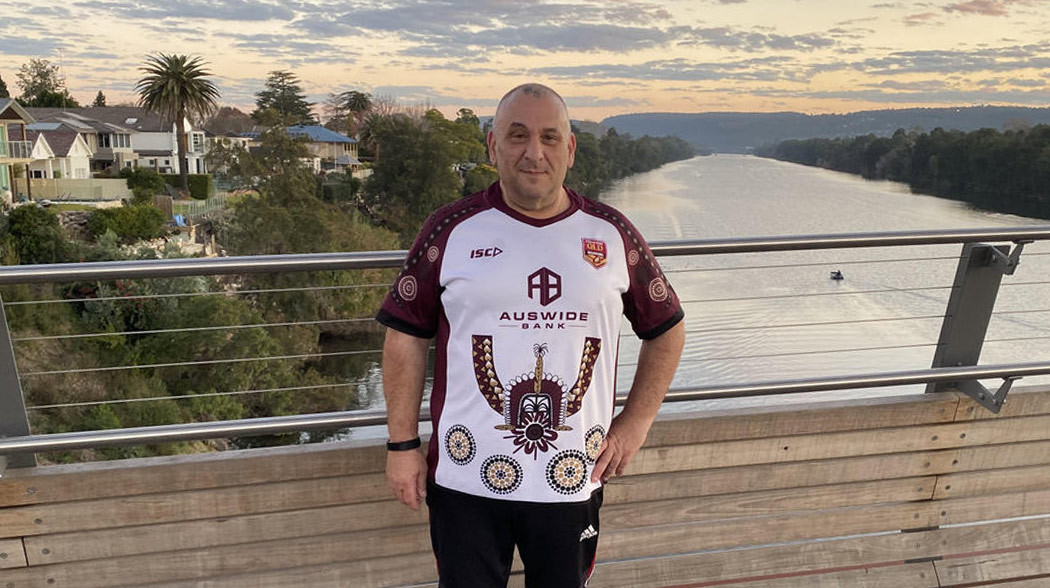We’ve all been there. You’re in the waiting room of your doctor’s office, trying to remember what you wanted to ask when you made the appointment a week ago. But when your name gets called, your mind goes blank. Your appointment flies by, and you don’t remember what you wanted to talk about until you’re halfway home.
After a year that saw fewer trips to the GP due to the pandemic, there’s never been a better time for a check-up. Here’s a list of essential questions to ask your doctor at your next appointment.
AIA Vitality members can earn up to 10,000 AIA Vitality Points by completing an AIA Vitality Health Check. Members can access one free health check at participating Unichem and Life Pharmacy stores each membership year.
1. How's my blood pressure?
It’s important to keep an eye on your blood pressure, as it’s a reliable indicator of future health problems. If your blood pressure is too high, you’re putting additional strain on your heart as it pumps blood through your arteries. While this can cause serious health issues (including increasing your risk of heart attack and stroke) it’s not a condition that necessarily presents outwardly – so asking for a check should be at the top of your list.
2. What tests would you recommend for my age?
As you age, there are specific tests that you need to start thinking about, from the semi-regular (like blood and skin tests) to annual (breast cancer screening) to infrequent (prostate checks). Ask your doctor what they’d advise for someone of your age and set a reminder for how often you’ll need to repeat them.
3. Am I at a healthy weight level?
It might feel uncomfortable, but it’s important to talk to your doctor about your weight. If your BMI is in the overweight (BMI of 25+) or obese (30+) category, you could put yourself at risk of cardiovascular disease, Type 2 diabetes, high blood pressure, psychological issues and some cancers.
If your BMI falls in the underweight (less than 18.5) bracket, you could be at risk of osteoporosis, decreased muscle strength, hypothermia and lowered immunity. Step on the scale during your next appointment and make a note of any action or dietary changes you might need to make.
4. Do I need to make any lifestyle changes?
This is a broad – yet essential – category that can cover everything from stress management, to diet, to sleeping habits. Talk to your doctor about specific issues that are concerning you and ask for actionable plans for long-term changes you can make. Lifestyle changes can be wide-ranging and quite drastic, depending on circumstance, so it’s important to know how to proceed.
5. Can you screen me for STIS?
If you’re sexually active, STI screening should be a regular part of your healthy lifestyle. It’s also possible to be carrying an STI and be entirely asymptomatic, thereby putting your partners at risk. Talk to your doctor about your sexual history and request a screening.
6. Am I due for any vaccines?
While you’ll receive most critical vaccines in your childhood, there are certain ages and circumstances where you’ll need additional shots to prevent illness. If you’re pregnant, it’s likely you’ll need specific vaccinations to protect you and your child. People aged 65 and older require vaccinations for pneumococcal and shingles. And, of course, last year saw the rollout of COVID-19 vaccines for eligible New Zealanders.
Even if you fall outside of these age brackets or aren’t pregnant, it doesn’t hurt to be up-to-date on your flu shot (apart from a brief jab!). AIA Vitality members can earn AIA Vitality Points for providing proof of attendance for certain vaccinations.
7. When should I make a follow-up appointment?
At the end of your appointment, ask your doctor if you need to follow up on any of the matters discussed in the short term, and when you should schedule your next general check-up.






